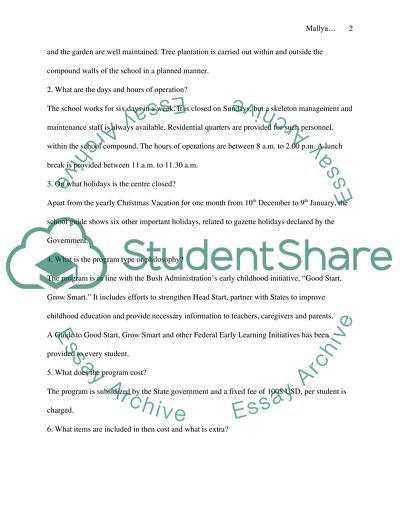Cite this document
(Fundamentals of Early Childhood Education Assignment, n.d.)
Fundamentals of Early Childhood Education Assignment. Retrieved from https://studentshare.org/education/1540616-project-report
Fundamentals of Early Childhood Education Assignment. Retrieved from https://studentshare.org/education/1540616-project-report
(Fundamentals of Early Childhood Education Assignment)
Fundamentals of Early Childhood Education Assignment. https://studentshare.org/education/1540616-project-report.
Fundamentals of Early Childhood Education Assignment. https://studentshare.org/education/1540616-project-report.
“Fundamentals of Early Childhood Education Assignment”, n.d. https://studentshare.org/education/1540616-project-report.


